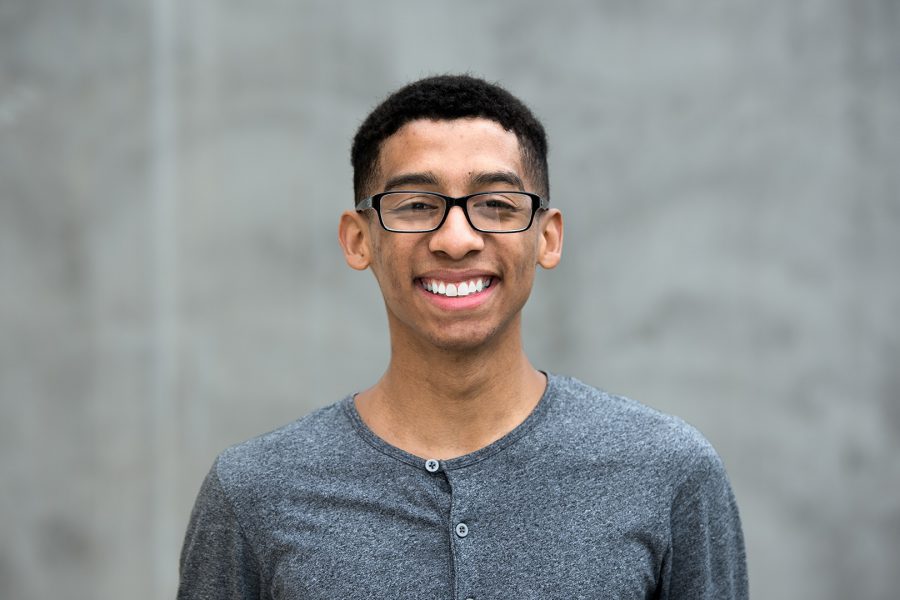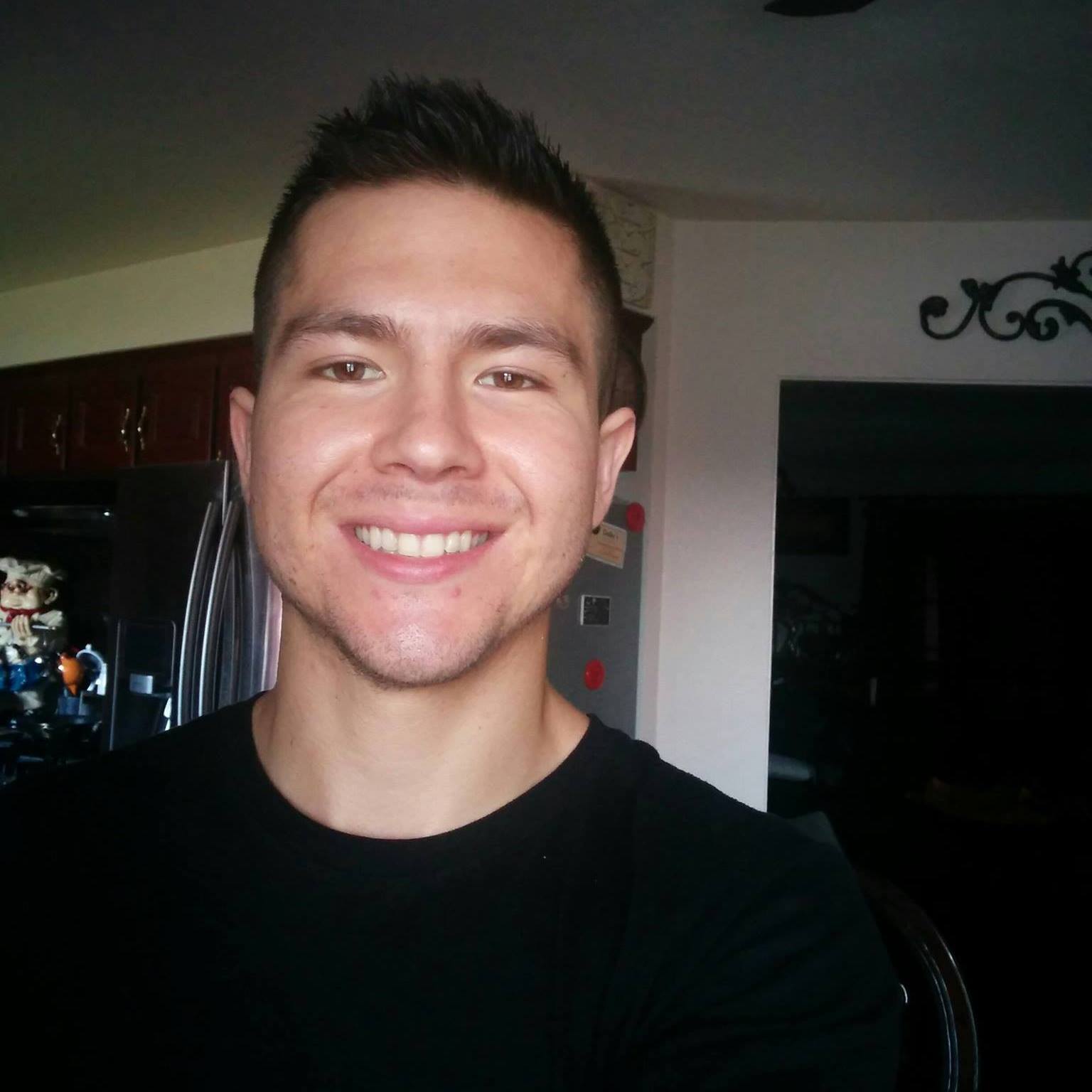The Phillip Maynard Black History Contest is an annual speech contest hosted by Mt. SAC that is dedicated to the late Phillip Maynard, who taught speech and intercultural courses at Mt. SAC for 23 years. The contest allows six students to compete for a scholarship by delivering a speech that is apposite to the importance of black history. While it is common for students to choose topics regarding influential figures or events that are significant in black history and culture, one such student, and this year’s winner of the contest, decided to do things a little differently. Rather than speaking about the rippled impact that Martin Luther King Jr. has had on the black community or the milestone importance of The Civil Rights Act of 1964, 20-year-old sociology major Joshua Hervey spoke about something a bit more personal, and something that affects his everyday life. When Hervey took the stage on Feb. 3, he delivered a formidable address on three misconceptions that he feels are commonly associated with black people.
“You’re the least black person I know, and you act so white,” are words that Hervey has been told his whole life, and in addition, were the words he used in the opening statement in his speech. The three misconceptions of black people that Hervey listed relate to appearance, interests, hobbies, and language. The central theme around the three is how society has programmed peoples’ ideas of what should be expected of a black person.
With respect to the misconceptions regarding appearance Hervey listed skin color, hair texture and clothing. In regards to skin color he mentioned white American Civil Rights activist Rachel Dolezal, who earned a position with the National Association for the Advancement of Colored People in 2014 by lying about her racial identity with the claim that she was of black decent. Hervey said that Dolezal’s idea of being “transracial” doesn’t make sense and that it is also offensive, especially to the LGBTQ community. He went on to discuss the stereotypical image of a black person wearing overly large T-shirts, pants down to his ankles and baggy hoodies.
“I don’t mind dressing nicer every day, but it’s kind of sad that I feel like I can’t just be comfortable when I want to,” said Hervey of his attire.
Misconceptions regarding a black person’s interests and hobbies, the types of interests and hobbies that a black person should be interested in, through a societal lens at least, were something he learned as early as middle school. He recalled not having many black friends for the simple fact that he didn’t share many common interests with them, one being frequently smoking marijuana. In high school, he often received “those looks and weird stares,” said Hervey, because he played water polo and was on the swim team, and he was routinely questioned as to why he didn’t play basketball or football. “What you’re interested in and what you take part in during your spare time doesn’t define your race,” said Hervey.
In terms of language and the stereotypes regarding slang, Hervey said that “any race can speak hood — Asian, Mexican, white — but for some reason it’s more connected with black people, but not all black people speak in Ebonics, and some of us speak quite eloquently.”
Hervey said that he is frequently asked why he speaks “so white” and his response is typically, “I’m speaking proper English, I don’t know what you’re speaking.”
A point that Hervey aimed to drive home with all three of his misconceptions is that regardless of how “black” a black person may or may not act, “in society’s eyes he or she definitely looks black.” From the overly observant convenience store clerk to the excessively hawk-eyed police officer, how black one acts is of no consequence in the eyes of society because the overt darker pigment of a person’s skin color seems as though it will eclipse that person’s behavior each and every time. On an even more personal level Hervey has experienced discrimination in the realm of dating because of the parental disapproval incurred because of the color of his skin.
Outside of winning speech contests, Hervey is employed as a lifeguard and teaches children how to swim. He also recently took up a liking to the artistry of photography. In addition to photographing things as simple as his grandmother cooking or dinner with his friends, he frequents Downtown Los Angeles to challenge himself with the different types of exposures associated with photography. He grew up in La Puente, Chino Hills, and West Covina, and was raised by his father and mother, who are of black and Guatemalan decent, respectively. Beyond Mt. Sac Hervey hopes to transfer to UC Irvine, UC Santa Barbara, UC San Diego, or UC Riverside, and would like to pursue an education in sociology, psychology, and or communication.
“Josh was an extremely motivated and dedicated student in my class,” said Department Chair of Mt. SAC’s Communications Department and Hervey’s Honors Speech 1A Professor John Vitullo, 49. “More importantly, he had the ability to inspire, support, and motive his fellow classmates. He did something that Mt. SAC professors hope all of their students will do. He cared.”



